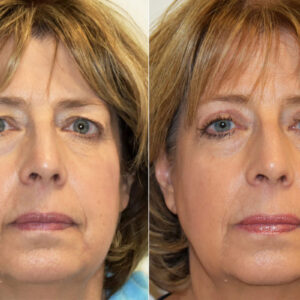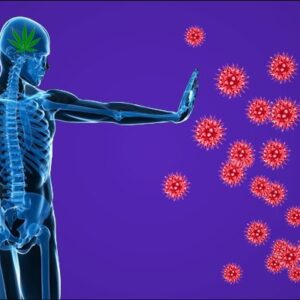An anxiety disorder with many of the same symptoms of PTSD as well as additional symptoms is known as complex post-traumatic stress disorder (also known as complex PTSD or c-PTSD). Post-traumatic stress disorder (PTSD), which was first identified as condition affecting war veterans, can be brought on by a variety of traumatic experiences, including a car accident, natural disaster, However, some mental health professionals distinguish between complex PTSD, which is PTSD’s more severe sibling, and its more frequent sibling, recurrent post-traumatic stress disorder (C-PTSD).
PTSD vs. C-PTSD
Flashbacks, nightmares, and insomnia are all symptoms of PTSD and C-PTSD, both of which are brought on by extremely traumatic experiences. Even after the threat has passed, either situation can make you feel extremely anxious and insecure. Nonetheless, despite these similarities, some professionals assert that C-PTSD differs from PTSD in certain ways.
Symptoms of C-PTSD
Re-experiencing, avoidance, and hyper arousal are all essential PTSD symptoms, but C-PTSD symptoms typically also include the following:
Emotional difficulties: One of the symptoms of C-PTSD is difficulty controlling one’s emotions, which might manifest as suicidal thoughts, prolonged despair, or violent rage.
Bad opinion of oneself: A person with C-PTSD could have a bad opinion of oneself. They could feel powerless, remorseful, or ashamed. People frequently experience a sense of being wholly apart from others.
Relationships to be difficult: Relationships may suffer as a result of issues with trusting others and a low self-perception. Because of what they experienced in the past, a person with C-PTSD may shy away from or engage in toxic relationships.
Detached from the traumatic event: A person may become detached from themselves and their surroundings (depersonalization). Some individuals may even forget their trauma.
A loss of meanings in a system: This can entail giving up one’s fundamental principles, morals, religious convictions, or optimism about the future.
All of these symptoms have the potential to drastically disrupt a person’s life and seriously damage their ability to function in key aspects of their personal, familial, social, academic, occupational, or other lives.
Diagnosis of C-PTSD
The idea of C-PTSD has been around for a while, but it is not included in the fifth edition of the “Diagnostic and Statistical Manual of Mental Disorders” (DSM-5), therefore the American Psychiatric Association does not formally acknowledge it (APA).
Treatment of C-PTSD
It is possible to receive a PTSD diagnosis when C-PTSD would be a more accurate description of your symptoms because the DSM-5 currently lacks precise diagnostic criteria for C-PTSD. Although the disorder is complicated and severe, C-PTSD can be treated using numerous of the same techniques as PTSD, including:
Medications
Medication can help with C-PTSD symptoms including despair or anxiety. When used with psychotherapy, they are extremely beneficial. Complex PTSD is frequently treated with antidepressants, such as Zoloft, Paxil, and Prozac (fluoxetine), among others (sertraline).
Psychotherapy
In order to treat C-PTSD, psychotherapy focuses on helping patients recognise their traumatic memories and negative thought patterns, swapping them out for more realistic and empowering ones, and developing more adaptive coping mechanisms
Send a message using the TalktoAngel feature to connect with the ideal therapist. as well “online counselling” or psychologist near me.






